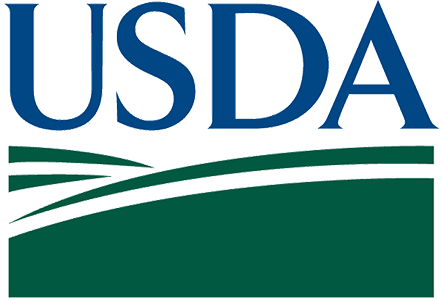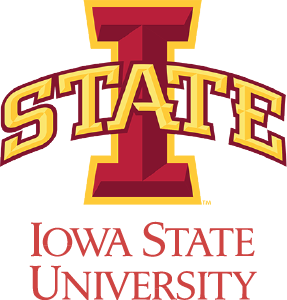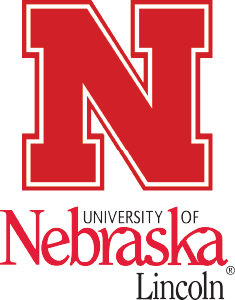AG2PI Field Day #26 - April 19, 2023
CENSA - A Circular Economy Approach for Reducing Nitrogen Use Inefficiencies in Integrated Livestock Production Systems
April 19, 2023
10:30 AM - 12:00 PM
(US Central Time)
Purpose
Describe a vision for more sustainable integrated crop and livestock production systems.
Registration
Register for the virtual event by clicking the link below. Upon registration, you will receive a confirmation email with information about joining the meeting
Field Day RegistrationField Day Recording
Field day recording is now available, click the button below to launch and watch the recording
Watch Field Day RecordingChat Questions
Questions directed to the speakers placed in the chat can be viewed by clicking the button below
See Chat QuestionsAmerican farmers and ranchers produce food and energy that powers the world. Although today's agricultural production systems produce high-quality protein from nitrogen compounds at a low cost, the process is grossly inefficient. About 87% of the nitrogen compounds produced by legumes or synthetic processes are lost before it reaches the consumer as protein. These inefficiencies have massive cost, security risks, and environmental impacts. However, we now have the tools and expertise in agriculture to use circular nitrogen economies in croplands and livestock management and shift the use of the nitrogen currently being applied as synthetic fertilizers to specially designed animal nitrogen diets. Over time, this should reduce environmental impact, dramatically reduce nitrogen fertilizer demand, and break the strong linkages between agricultural production and volatile energy markets.
Today we talk about how: Crops (like corn) can be genetically optimized for spring growth, for high starch to low protein ratios, and remobilization of nitrogen to the soil, which together facilitates in field recycling of nitrogen and more effective rotations and healthier soils. Livestock nutrition systems are optimized for the increased use of methane inhibitors, synthetic nitrogen compounds and reduced plant-supplied protein through improved genetics, microbiomes, and management. The goal of CENSA is to focus this approach specifically on reducing nitrogen use, improving nitrogen use efficiencies, improving feed efficiency and protein nutrition in livestock, and higher quality end protein products for consumers.
Presenters

Edward S. Buckler is a Research Geneticist at the USDA-ARS and an Adjunct Professor of Plant Breeding and Genetics at Cornell University. He is recognized as a leader in the integration of quantitative and statistical genetics with genomic approaches, applying these tools to maize and other crops.

Mark Boggess grew up on a farm in rural Iowa and attended Iowa State University where he received his B.S. (Animal Science) and Ph.D. (Animal Breeding) degrees. He is currently the Director of the US Meat Animal Research Center in Clay Center, Nebraska.
Chat Questions
 What data do we need to enable the modeling you mention that we don't currently have or aren't accessible?
What data do we need to enable the modeling you mention that we don't currently have or aren't accessible?
 Are we currently collecting the needed data to be able to breed for Nitrogen, etc?
Are we currently collecting the needed data to be able to breed for Nitrogen, etc?
 On the topic of introducing perennial traits - do you have an opinion on how we should integrate? John Innes Center recently published on SIG5 allele for cold
On the topic of introducing perennial traits - do you have an opinion on how we should integrate? John Innes Center recently published on SIG5 allele for cold coping, would gene-editing be the desired tool?

We have been talking with producers and industry throughout the development, as acceptance and deployment has been key in all design principles. An annual with perennial characters was seen as much more likely to be accepted.
 What is a
What is a cultured protein?

 What is the logic of burning? I'm not familiar with this.
What is the logic of burning? I'm not familiar with this.





